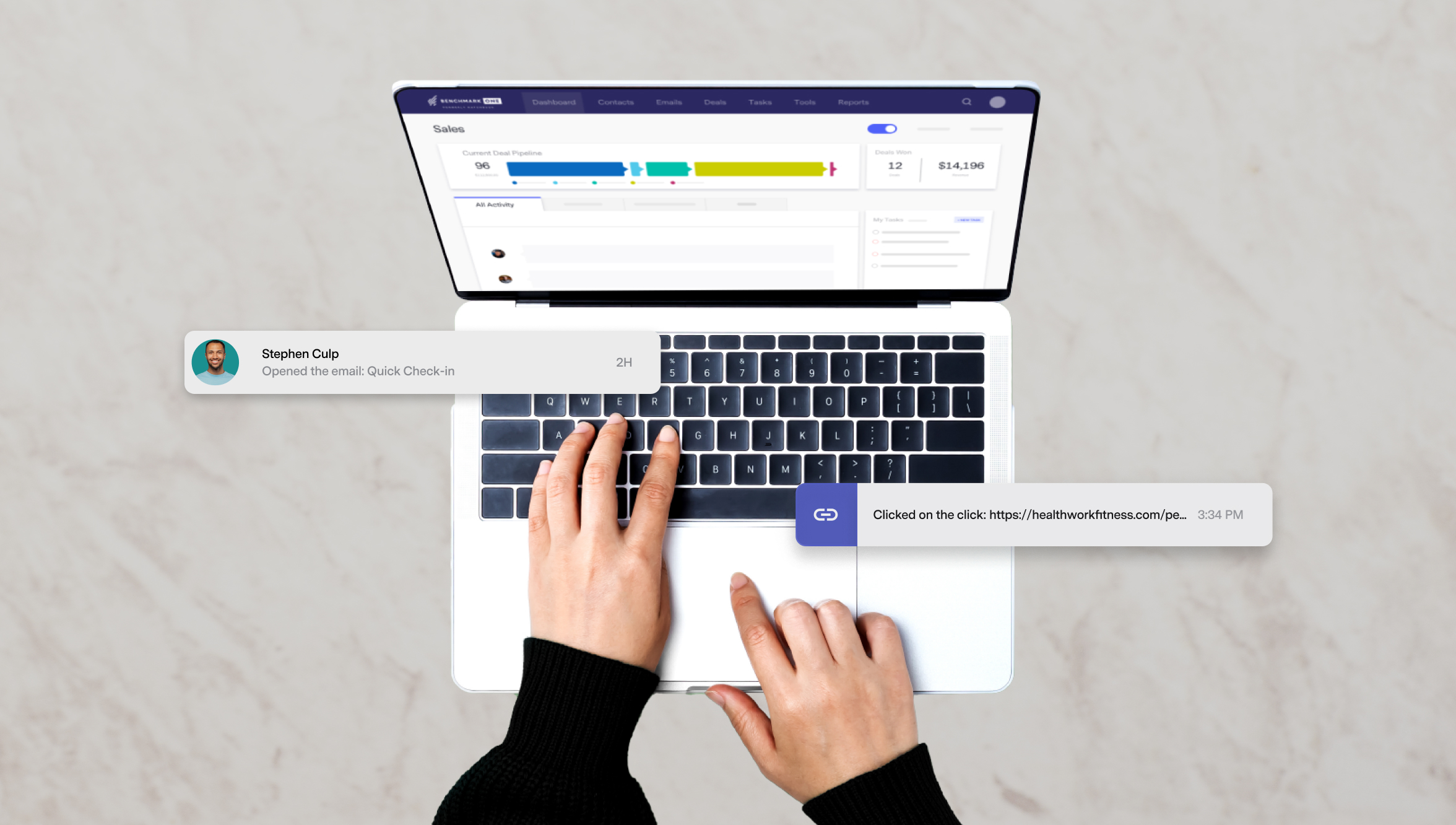
With the economy continually shuffling between the highs and lows, small business owners and eCommerce stores are bearing the brunt more than ever. Fear-inducing economic news has raised concerns about an impending recession.
Although no one is sure whether the economy will reach a complete downturn, businesses need to prepare as though it is imminent. Smart businesses are coming up with recession-proof practices, which you can replicate to solidify your eCommerce business and prevent it from being swept away.
It can seem like a scary, tough time, but we’re here with some highly recommended tips for recession-proofing your eCommerce business.
5 Key Recession-Proof Practices for eCommerce Businesses
1. Minimize Overhead Costs
Businesses with enormous overhead costs are prone to financial issues during an economic downturn, especially when the expenses don’t result in significant sales and business revenue.
You can minimize costs by considering the following:
- Are there operations that you can eliminate?
- Are there processes you can improve upon with less spending?
- Do you need to make drastic changes that could be challenging to budget for?
You need to look at your business critically and devise the most cost-efficient means to keep marketing and business operations going without negatively affecting product and service quality.
2. Keep on Marketing
Businesses tend to slow down on marketing when there is an economic downturn because of the belief that ads could prove ineffective in the face of declining revenue. On the contrary, you should keep marketing your store and products! Other businesses may slow down on marketing, giving you an advantage when it comes to capturing the attention of potential new customers.
Yes, the purchasing power of consumers is at its lowest during this period. However, there is still a limited market of consumers to sell to, regardless of the economic woes. Only businesses that put themselves out there will reap the rewards.
Here are some basic marketing tips to follow right now:
- Keep up your website. Make sure your navigation is user-friendly and that the right products are being promoted and are easily accessible.
- Utilize social proof in your social media posts and online ads to appeal to more people.
- Make voice search a part of your SEO strategy, so your eCommerce store is exposed to potential customers utilizing digital voice assistants.
- Consider adding livestreams to enhance the shopping experience and increase online purchases.
3. Keep Sending Emails
Email marketing has always been the leading sales channel for eCommerce businesses. Even in a recession, keep sending those emails. Keeping in touch with your subscribers and engaging them is of utmost importance.
To recession-proof your business, you need to push educational and awareness-building emails to your audience. The ultimate goal is to drive them to take action and build brand loyalty to aid repeat buying.
Set up lead nurturing sequences, automate your email campaigns, take advantage of marketing personalization for deep customer relationships, and segment your lists for effective marketing and results.
4. Invest in Automation Tools
In a recession, spending less, not more, should be the goal. Sometimes, it is not only finance you need to watch but also the time you spend on marketing, which could be spent on other important business tasks. Rather than make drastic cuts, take advantage of automation software and tools to take care of repetitive tasks in your eCommerce business.
With automation, salient business operations remain ongoing, and you can scale without hiring more hands. Using Benchmark Email, you can automate the email marketing segment of your eCommerce business.
Use our marketing automation capabilities to set up automated email series based on the actions your website visitors and subscribers take. You can also set up website forms to capture site visitors and enroll them in your email marketing.
Utilize automated time-tracking software that effortlessly tracks time, thereby enhancing productivity. This kind of software allows you to analyze your team’s performance effectively by providing insights into how and where most of their time is spent. With this data, you can identify areas requiring improvements or adjustments. By understanding these patterns, you can make informed decisions to optimize workflows, redistribute tasks, or implement new strategies to increase efficiency.
5. Unique Value Proposition with Upfront Value
In a recession, your eCommerce business’s unique value proposition must come to the forefront of your marketing and business activities. Customers become frugal in an economic downturn. Hence, they may decide not to partner with or support brands that don’t, at the very least, align with their values and appeal to their emotions.
This is also another reason why marketing activities should not stop. With your email marketing, keep pushing content that captures your brand story, explains what you do differently, and details the unique value that your products bring to the table.
For new prospects, consider free trials if your business is service-based, or offer discounts and special promotions to ease buying hurdles and establish trust for successful sales.
In the words of Benjamin Franklin, “If you fail to plan, you are planning to fail!” Being prepared is key to attaining success. Anticipating the worst and implementing measures to overcome hurdles will help your eCommerce business beat common challenges in the face of an economic recession.






